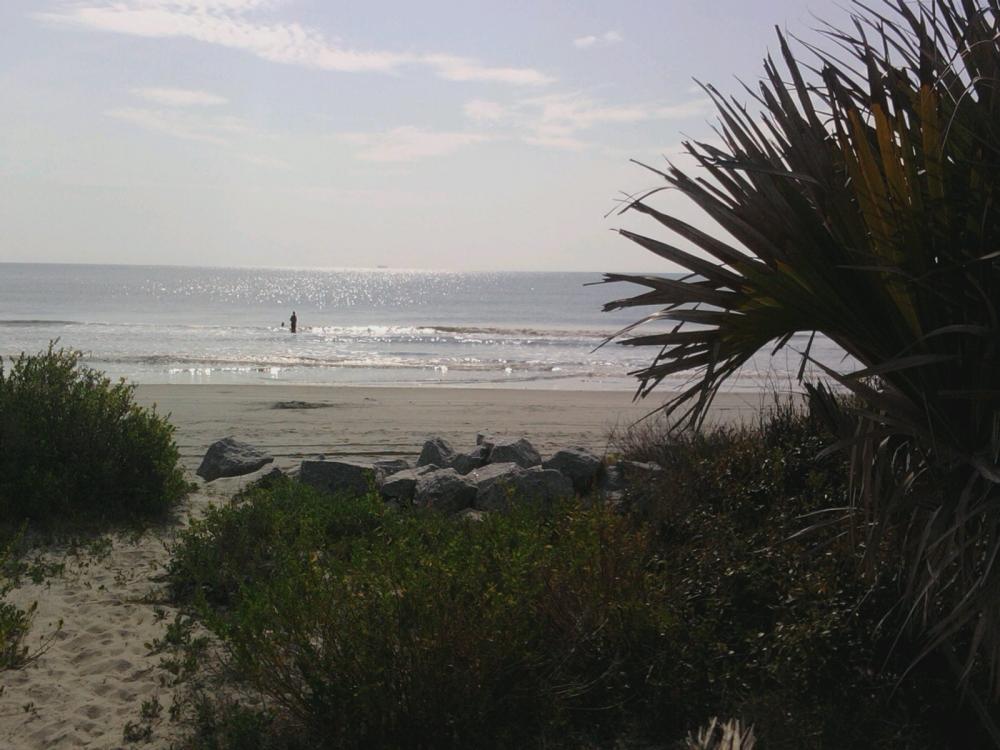
Section Branding
Header Content
Ga. Coast Avoids Worst Of Hurricane Irene
Primary Content

Hurricane Irene churned up rough seas and dangerous riptides on Georgia's beaches as the storm passed the coast more than 200 miles offshore.
Lifeguards on Tybee Island closed its waters to swimmers Friday after officials decided conditions were too dangerous.
Tybee Island Ocean Rescue Captain Hunter Robinson said the beach took a beating, with lots of tidal pools in the dunes and piles of marsh grass across the beach Saturday.
“With the rip currents and the rough water conditions, it chewed a lot of the beach up and we lost a lot of sand,” Robinson said.
“Generally, we lost about 10 feet of sand on average. There’s a couple of trench areas from the tidal pools trying to escape,” he said.
Robinson said things would return normal Saturday and the water is open for swimmers with no restrictions.
“The conditions of the water today are excellent,” he said. “It’s flat as glass.”
Forecasters warned of potential coastal flooding at high tide Friday evening, but the National Weather Service said tides were not especially high last night.
Gov. Nathan Deal signed an executive order late Friday requiring state agencies to waive weight and size restrictions for vehicles transporting emergency equipment to states under threat from Hurricane Irene.
Deal's order applies to weight and size restrictions from the Department of Public Safety and the Georgia Department of Transportation.
Meanwhile, the Savannah-based 165th Airlift Wing of the Georgia Air National Guard moved all eight of its C-130 cargo planes to Dobbins Air Force Base north of Atlanta.
An official said the National Guard was just being extra cautious with the giant airplanes, which cost the military about $30 million apiece. If needed, the planes could be mobilized as part of the disaster response to Irene.
Sunny skies and breezes are in store Saturday in coastal Georgia.
Contributors: This report includes material from the Associated Press.
Tags: Tybee Island, Hurricane Irene, hurricane, National Hurricane Center
